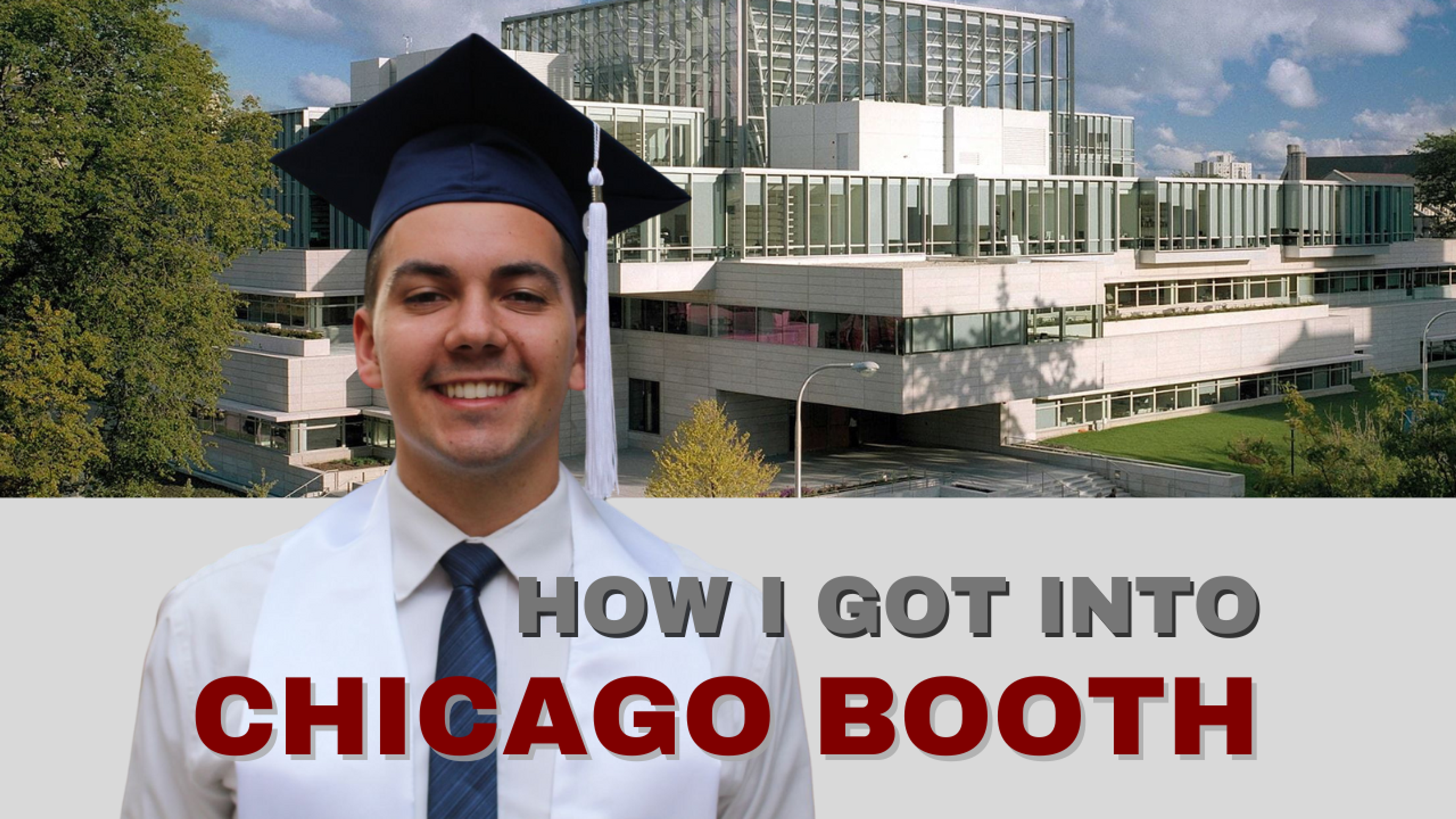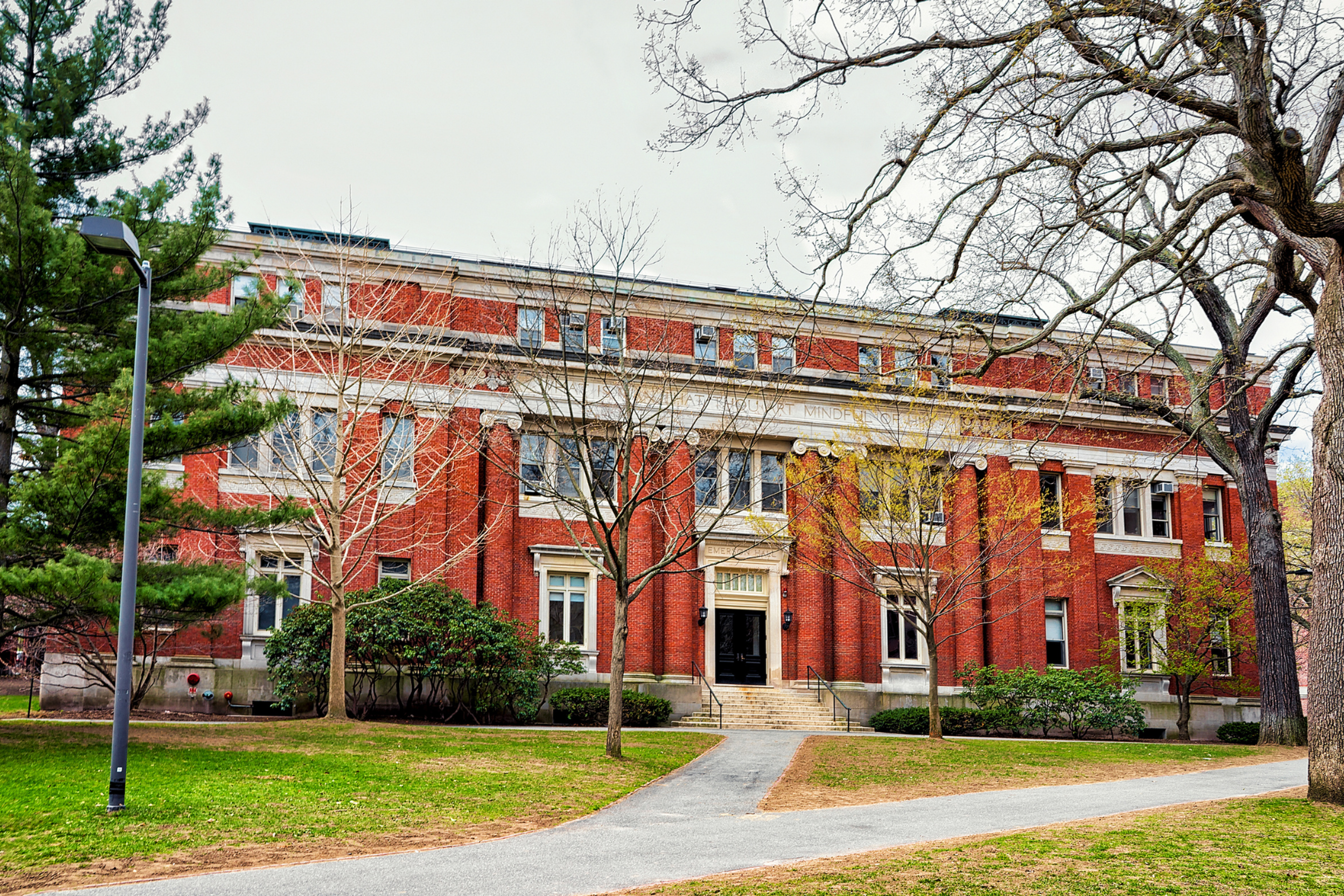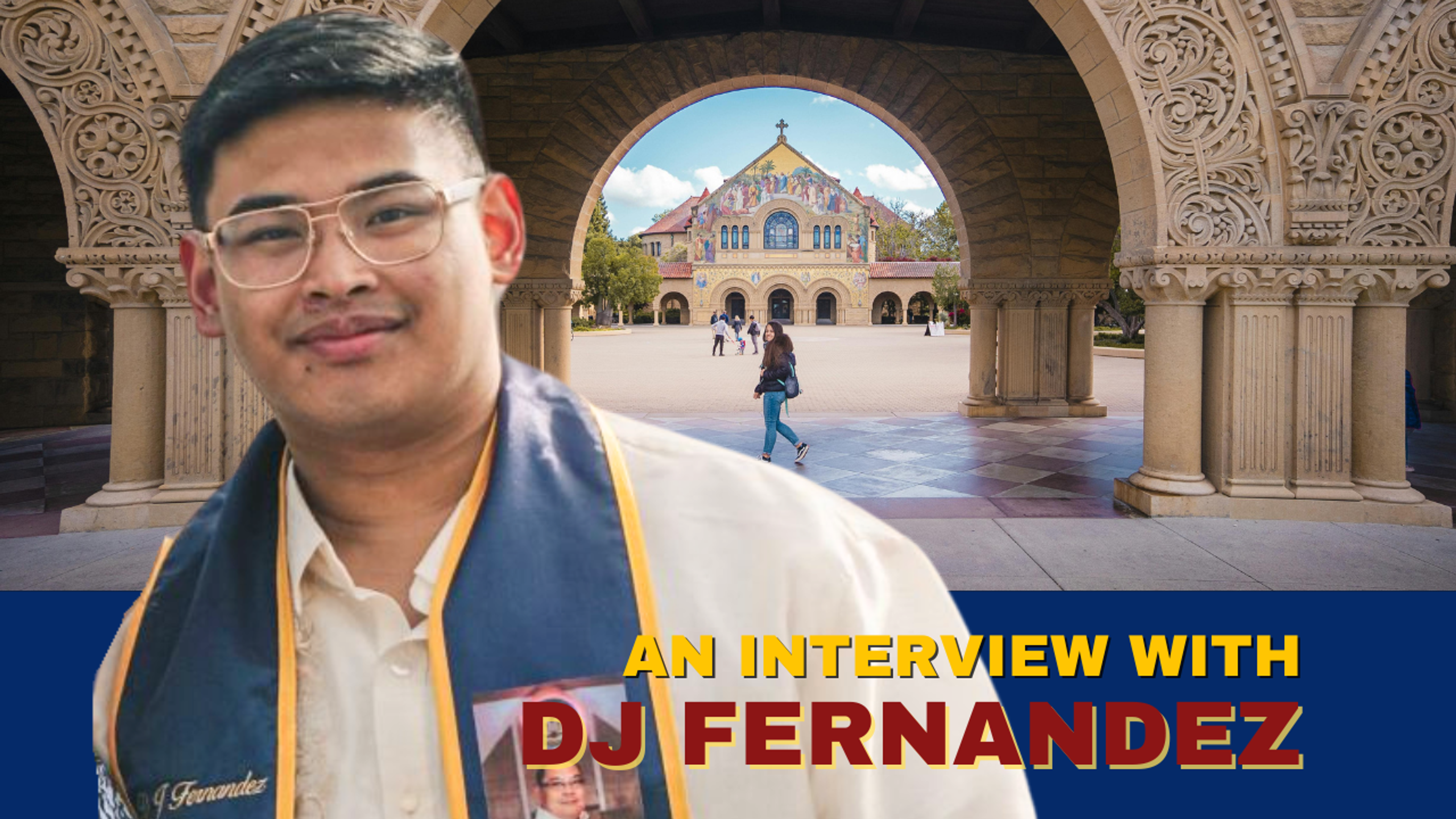Defining a Narrative of Capability: To Harvard Business School and Beyond
From early on, Kevin Truong’s story seemed to have been written for him. He is the son of immigrants from a disadvantaged area. He shouldn’t have gotten out. And yet, he is headed to HBS in a few years as a 2+2 admit.
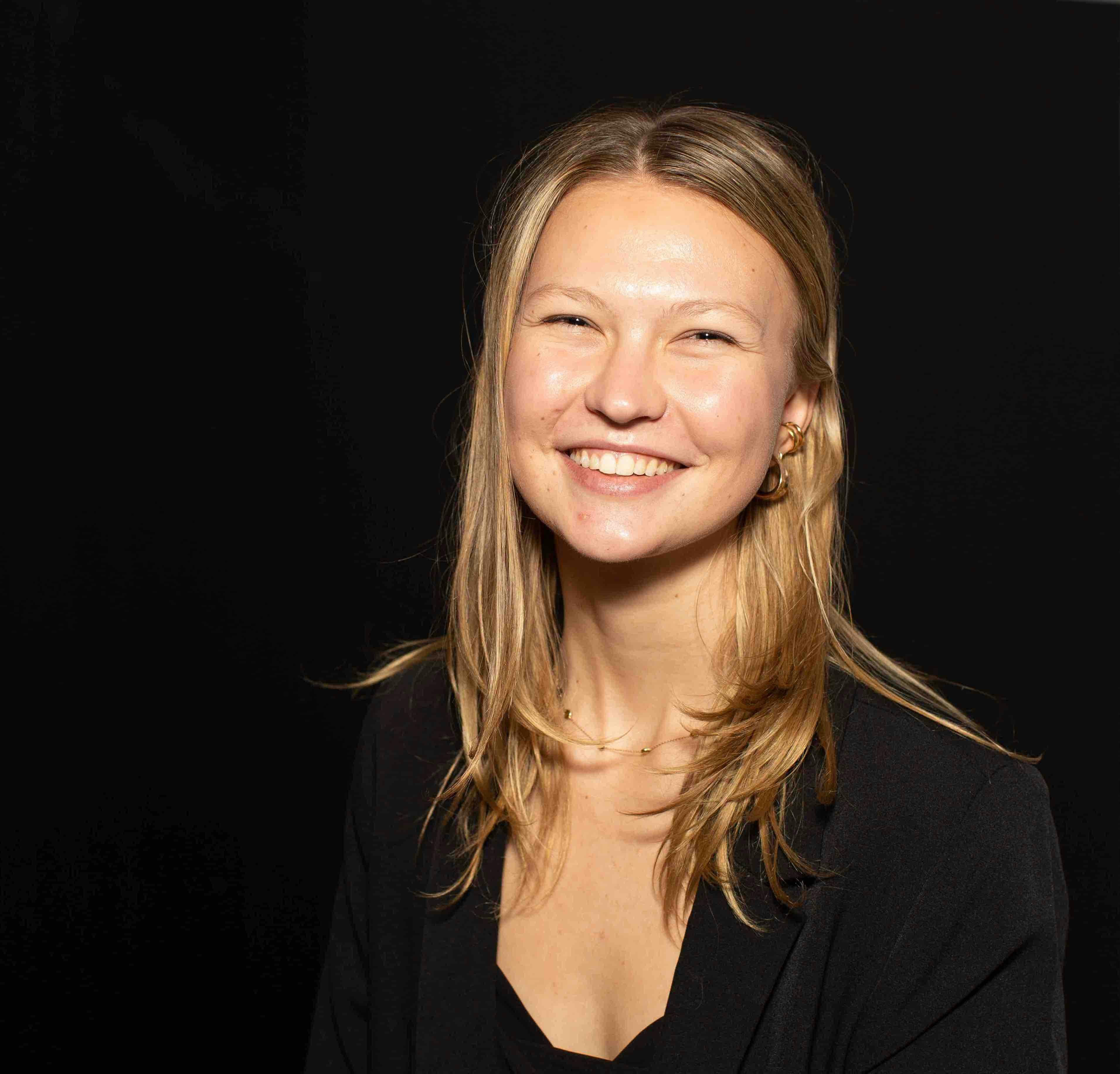
By Amelia C.
Posted March 6, 2025

Table of Contents
Free Event

Featuring Melanie E.
How to Get a Head Start on Your MBA Application
Starting Wednesday, April 16
10:00 PM UTC · 60 minutes

Featuring Melanie E.
From early on, Kevin Truong’s story seemed to have been written for him. He was the son of immigrants from a disadvantaged area. By all accounts, he shouldn’t have gotten out. Even after his many achievements, the world continued to tell his tale in its own constricting way. “A 20-year-old, first-generation college student with dwarfism shares how he landed an investment banking job at Credit Suisse,” a feature on Kevin reads — an accurate title but shallow and incomplete.
And yet, it’s an understandable faux pas. Kevin is more than any headline could ever encapsulate in a few characters. He’s a son, scholar, mentor, friend, banker, volunteer, creator, provider, soon-to-be HBS MBA candidate, and so much more. His journey has not been so much a playbook, but the unfolding of a complex, colorful, and surprising fabric.
Both of Kevin’s parents immigrated to the United States from Vietnam and met in California, where he was born and raised. He considers Stockton his home, the town that he introduced as "one of the United States’ ten most dangerous cities and the first one to go bankrupt in the 2008 financial crisis," but that was also among the country’s ten most diverse places.
He attended Middle College High School, a dual-enrollment program designed for high-potential students from underprivileged backgrounds. For Kevin, it was perfect — intimate with clean white walls and lots of light, rigorous, and academically focused. He graduated with not only a high school diploma, but two associate degrees as well.
It was this small school that first introduced Kevin to the world of finance. The professor of his economics class was a former corporate banker who taught him and his classmates about the stock market, a concept he found fascinating. A supermarket where you can buy shares of a company instead of fruit and sit back while it makes money for you? Revolutionary. When he excitedly returned home to tell his parents what he had learned, they were angry. The stock market was nothing but gambling, an easy way for corporations to rob people of their money.
To UC Berkeley, Wall Street, and HBS
He continued his path at the University of California Berkeley, where he applied and was accepted to the competitive Haas School of Business for his undergraduate degree in Business Administration. He was also active on campus, the VP of a student-run investment fund, the founder of a pro-bono consulting firm for non-profits, an e-sport competitor, a member of the Vietnamese Student’s Association, and the treasurer of his fraternity.
In many ways, Berkeley provided a well-defined way forward for Kevin. He was able to take advantage of the resources and networks of his organizations to learn critical skills that would help him survive in the white-collar environment that was so different from where he had grown up. He attended the diversity programs of several big investment banks — including Credit Suisse, Bank of America, and Goldman Sachs — through which he further cemented his banking aspirations, and boarded the first plane of his life.
One of Kevin’s greatest fears as he hoped, dreamed, and worked toward his goals was that his disability would prevent him from getting a job; or, worse, that it would cast an all-encompassing shadow over his merit and all that he had worked to attain. However, he found through the programs and interviews that he was not judged for anything but his abilities. He was extended an internship offer at Credit Suisse, which he accepted, and then returned for his junior year and as a full-time analyst upon graduation.
The MBA Application Process — A Story of Education
He first found out about deferred enrollment MBA programs at the end of his junior year but didn’t decide to apply until his last semester. Kevin knew from his undergrad applications that the most difficult part would be crafting his story in a way that was powerful, cohesive, and logical to the admissions committees. By working with a Leland coach, he was able to knit together the various pieces of his life into a narrative that he was proud of. His coach, Drake, a former Class President of Stanford GSB, claims to be “the perfect coach for underdogs.” That spoke to Kevin.
Kevin’s journey to an MBA is traditional in some ways and unique in others. He studied finance, went to Wall Street, and hopes to go into venture capital; this is not an unusual career path. However, his background, achievements, and aspirations set him apart as a worthy HBS MBA applicant.
The story that Kevin told was one of education. His access to good education from an early age was, in large part, what propelled him to success and the means by which he wants to make an impact in turn. The disparity of financial literacy among underprivileged communities is massive and apparent: from hiding dollar bills under the mattress to investing in a retirement account. Kevin had learned about the stock market from one community college class and used that to spark a career at one of the biggest investment banks in the world, showing how access to education can truly change a life.
After spending a lot of time talking through passions and plans with his coach, writing many, many essay drafts, and gathering the other parts of the application, Kevin transformed the various parts of his life into a compelling story that led to his acceptance at both Harvard Business School and the Wharton School.
Advice for Other “Underdogs”
His advice for other “underdogs” applying to MBA programs is twofold: first, get a coach, and second, start early. Not everyone can afford a coach, it can be a big financial undertaking. However, Kevin stresses that if you can find a way to make it work, do it, even if that means just a few hours of application review. Drake P., the coach who Kevin worked with, was invaluable to his application process and he said that going through it alone would have been a much more difficult ordeal.
It’s also incredibly important to start early. For the essays alone, you should give yourself three to four months so you can write multiple drafts, receive feedback, and polish. The earlier you start, the more time you will have to refine every part of the application.
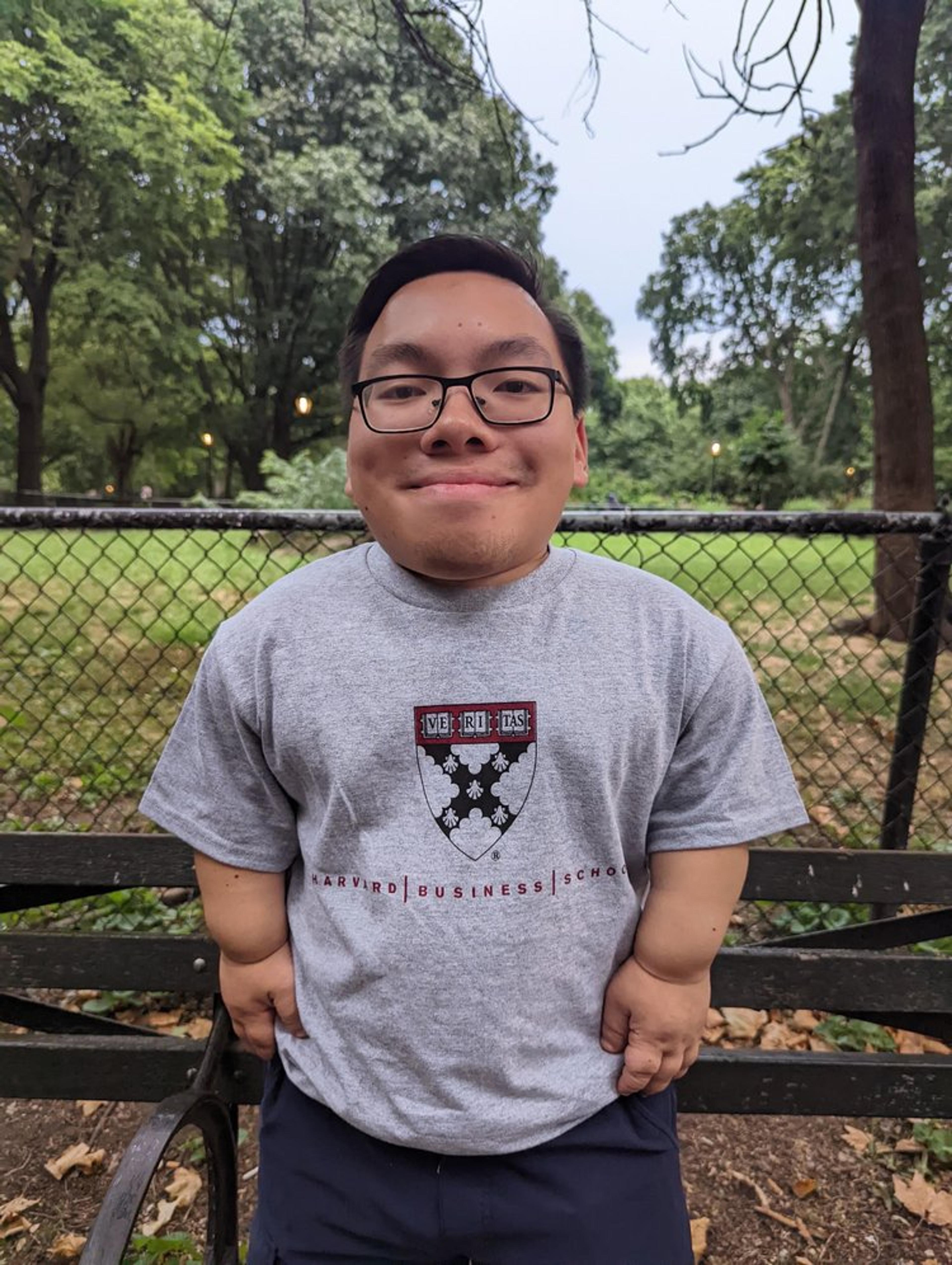
The Future: EdTech and Giving Back
After two associate degrees, a bachelor’s degree from a top school, a Harvard MBA admission, and the beginnings of a promising career, Kevin is just getting started. Whatever he does, he wants to ensure that he is making a positive impact on the world. The goal is to increase the accessibility of education in the US and the world through EdTech and investing. As the world becomes more digital, Kevin believes that there will be more opportunities to provide learning in other ways. The fear of AI taking away jobs is only increasing, and it will become even more important that people invest in the right kinds of education.
Kevin is a living testament to the ability of making a positive impact while pursuing a passion. Through finance, he wants to invest in what he likes, make a difference for others, and play a role in their success. Find what you enjoy, and do good things with it.
How does he stay so motivated after already achieving so much? First and foremost, Kevin recognizes all the help that he has received and feels a calling to give back. He loves people and feels that helping others is his purpose. On a more sensitive level, he has only recently been able to talk about his struggle with dwarfism. From an early age, Kevin knew that he wanted to be judged for what he was, rather than what he wasn’t. He, like all of us, is in a continuous process of coming to terms with identity–accepting the parts that are easy, and those that are more difficult.
It’s often more convenient to accept things at face value than to take time to dig under the surface. Kevin’s story highlights the importance of doing so; it is the defiant antithesis to every kind of preconceived judgment. Every day, he shows the world his many capabilities and strives to be recognized for them. We can’t wait to see where he goes, and are rooting for him every step of the way.
Read other admit stories:

Written by Amelia
5.0
(2)
Career, SEO, Writing, and College Application Coach - My day job is content/SEO at Leland (welcome!) -- I love it here and am super passionate about coaching and giving people the tools they need to succeed - Research Fellow at Contrary Capital, a talent and research-driven investment firm (https://research.contrary.com/) - Graduated from BYU, studied Political Science (Major GPA 3.98) and Arabic (Advanced OPI score) - Former Editor of the BYU Political Review, the biggest publication in the college - Dean's List (top 5%) - Highest national award for Model UN paper (representing China) - Senior Fellow for Passages Israel (1/200 selected) - led groups of 300+ students to Israel - Past roles include Chief of Staff at an early-stage health tech startup, marketing for BYU athletics and The Kennedy Center, and social impact consulting for an international agriculture research firm
Amelia has helped clients get into organizations like:
Thai Union Group PCL
Brigham Young University










